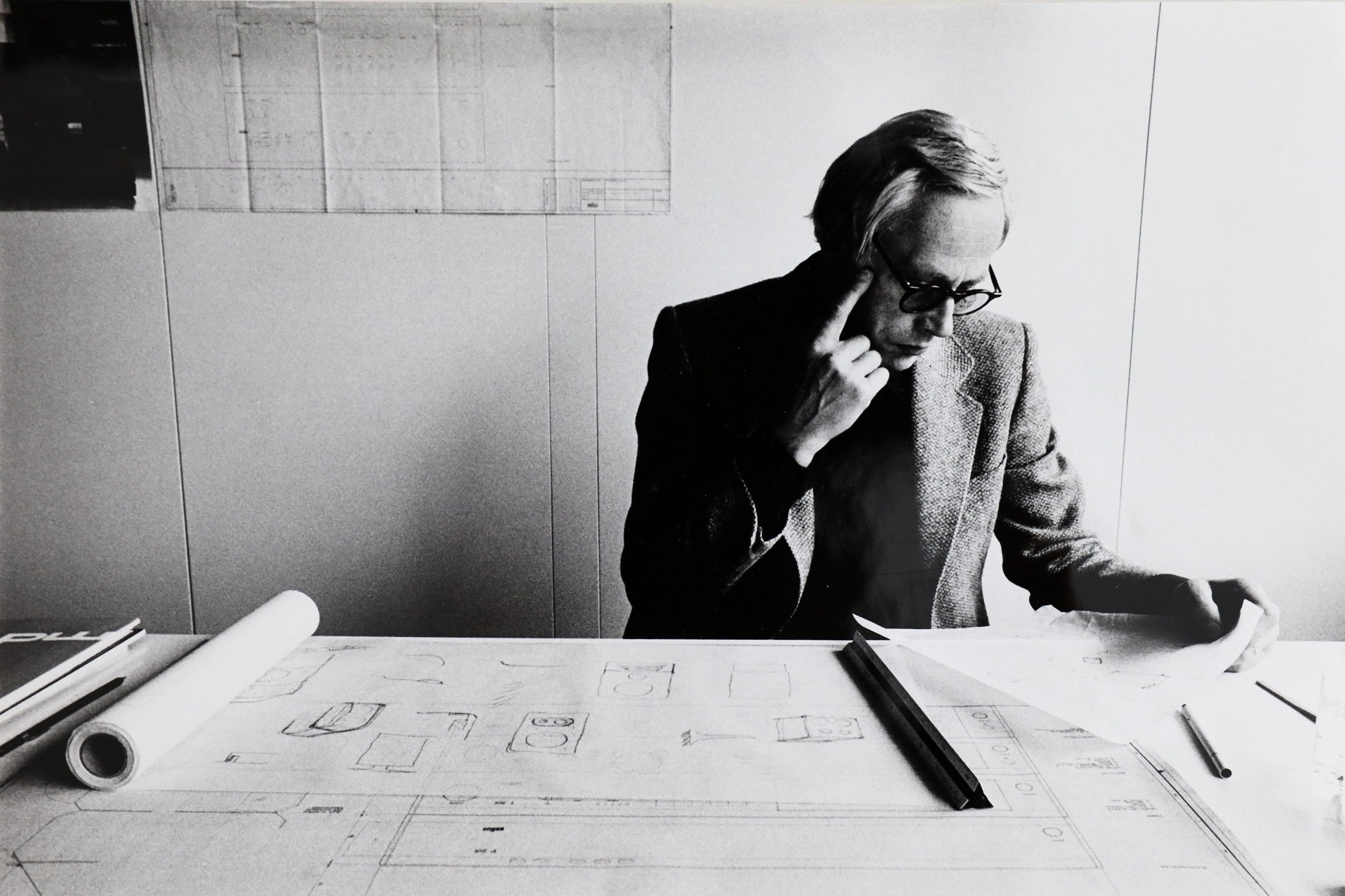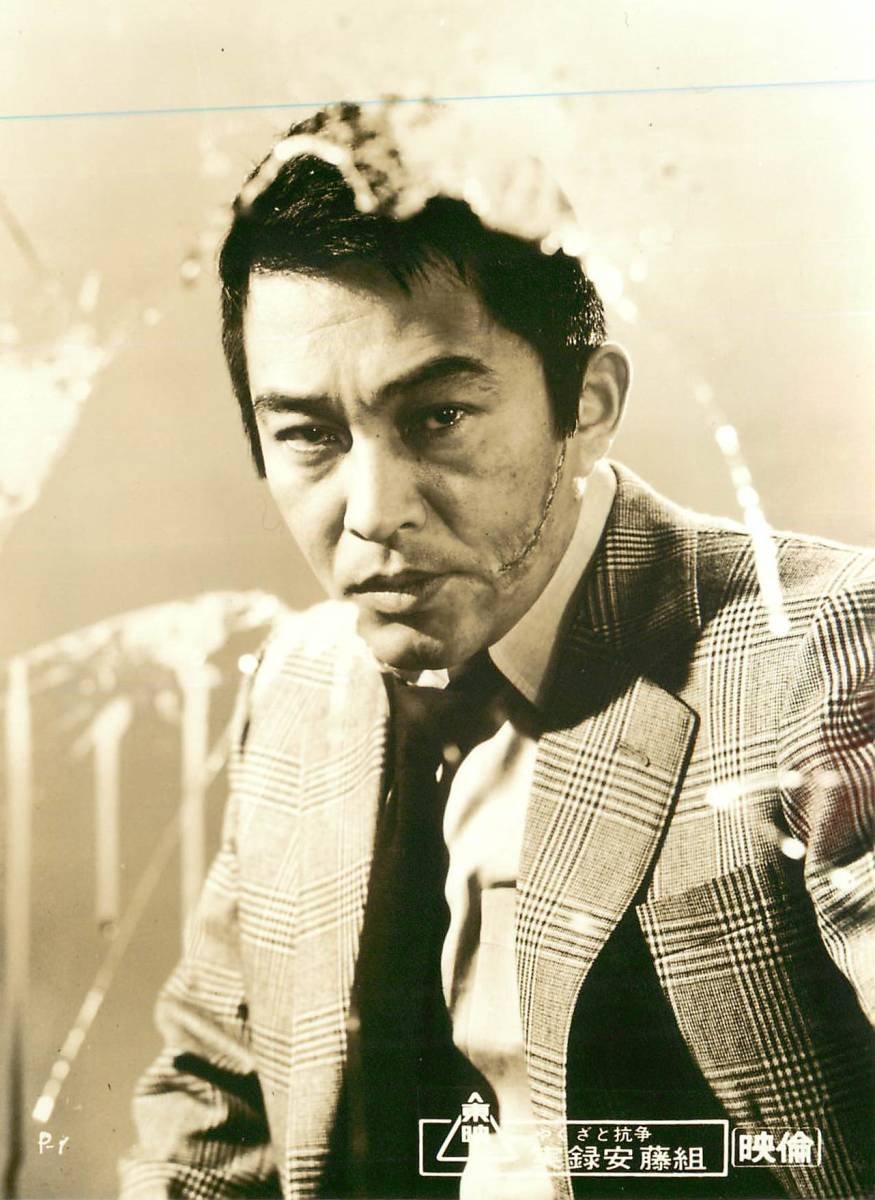SHUNMYO MASUNO: JAPANESE GARDENING MEETS MODERN DESIGN

Shunmyō Masuno is a Japanese monk and a world leading landscape architect. He is the chief priest of the Sōtō Zen temple Kenkō-ji in Yokohama, and professor at Tama Art University. With his younger brother, Yoshi, he runs his company, Japan Landscape Consultants Ltd., which was founded in 1982 and has completed numerous prestigious projects in Japan and other parts of the world.
Masunos' interest in gardening first developed when he was a child and saw the beauty and serenity of the Japanese gardens in Kyoto. His interest grew stronger as he went on to study at Tama Art University in western Tokyo and later apprenticed for five years under the famous landscape designer Katsuo Saito.
His style is known for blending modern design with traditional Japanese elements. He has established Zen gardens in a variety of styles, traditional and contemporary, urban and rural, public and private, which includes temples, offices, hotels, campuses and venues.
Shunmyōs work is also affected by culture and environment whenever he works abroad. He always collaborates with local landscape designers and uses plants and rocks from the region where the garden will be built so he can create a garden that will remind people of their natural environment.
Some of his most notable works include the Nitobe Memorial Garden, in Vancouver, Canada, which was renovated by Shunmyō Masuno and is considered one of the top three Japanese gardens in the world outside of Japan. Additionally, he also received the Special Prize from the German Gala Spa Award for his Yu-sui-En Garden in Berlin-Marzahn.
His most striking designs are his karesansui (dry-landscape gardens), in which stones and gravel are used in place of water, which for example can be viewed on the roof of the Canadian Embassy in Tokyo.
Masuno believes that a garden must reflect the environment in which it is created. The old gardens were built to reflect a world in which people sat on tatami mats and lived in wood and paper houses. Today, Japanese sit on chairs, surrounded by concrete and glass.
The lobby at the Cerulean Tower Tokyu Hotel in Tokyo’s Shibuya district is one of the results of that way of thinking. From all points in the circular lobby with a sunken lounge, guests have a clear view of the narrow, steep garden, which should resemble crashing waves.
Shunmyō refers to gardening as his spiritual training in his effort of a higher understanding of his inner feelings and deep emotions, whether positive or negative, they are always expressed in his work.
His work as a designer is part of his Buddhist practice. “I cannot be a landscape designer without being a resident priest at the same time. Designing gardens, to me, is a means of engaging in a Zen task. I express Zen principles in the garden spaces.“ Masuno says he feels it is his responsibility to give visitors to his gardens a place that will stimulate the spirit and calm the mind.
“I cannot be a landscape designer without being a resident priest at the same time. Designing gardens, to me, is a means of engaging in a Zen task. I express Zen principles in the garden spaces.”
About the author:
Karim Murtada is a design student and creative multi-talent based in Germany. Having grown up reading Japanese Manga, listening to Rap and skateboarding, he also developed a great interest in design, art and architecture more recently that he is channelling and reflecting on in his articles.





